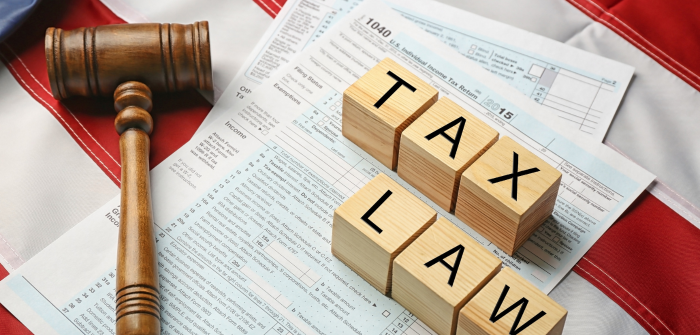Analysis of section 206AA with Double Taxation Avoidance Agreement from recent case law - Judicial update (International Taxation)

Can the provisions of section 206AA (higher rate of tax deduction in case of non-furnishing of PAN) override the Double Taxation Avoidance Agreement (DTAA) that specifies a lower rate of tax?
CIT (International Taxation) v. Air India Ltd. [2023] 456 ITR 139 (SC)
Facts of the case:
- Assessee had taken an engine on lease under an agreement with a foreign company (lessor), a tax resident of the Netherlands, having no permanent establishment (PE) in India.
- The foreign company a does not have PAN in India.
- The assessee company deducted tax at source @10% on lease rental as per provisions contained under DTAA between India and the Netherlands.
- However, revenue contended that in the absence of furnishing of PAN, the assessee was under an obligation to deduct tax at a higher rate of 20% following the provisions of section 206AA.
Analysis and Decision:
- The High Court noted that section 90(2) provides that the provisions of the DTAAS would override the provisions of the Act in cases where the provisions of DTAAs are more beneficial to the assessee.
- Applicability of the scope/rate of taxation concerning the impugned payments made to the non-residents is concerned, no fault can be found with the rate of taxation invoked by the assessee based on the DTAAs, which prescribed for a beneficial rate of taxation.
- The provisions of DTAAS, along with sections 4, 5, 9, 90 & 91 of the Act, are relevant while applying the provisions of tax deduction at source.
- The provisions of tax withholding, i.e., section 195 of the Act, would apply only to sums that are otherwise chargeable to tax under the Act
Thus ,Section 206AA of the Act cannot be understood to override charging sections 4 and 5 of the Act.
Accordingly, the High Court upheld the Tribunal's ruling which held that where the tax has been deducted on the strength of the beneficial provisions of DTAAs, the provisions of section 206AA cannot be invoked to insist on the tax deduction @ 20%, having regard to the overriding nature of the provisions of section 90(2).
The Supreme Court upheld the decision of the High Court, resulting in the dismissal of the SLP filed by the Revenue.

